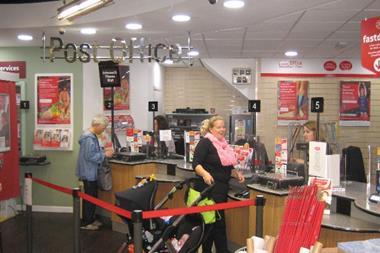The Association of Convenience Stores has called for an increase in the number of neighbourhood plans and urged the government to reconsider rules which stall the conversion of pubs into c-stores in order to support rural shops.
In its submission to the Department for Communities and Local Government’s consultation on rural planning, the ACS notes that over a third of stores are based in rural locations, which equates to just under 20,000 businesses operating in small villages and isolated areas.
It argues that a plan-led planning system is essential for the future prosperity of rural economies, but only 31% of local planning authorities have an up-to-date local plan.
ACS chief executive James Lowman said: “We support the way that the National Planning Policy Framework looks at rural businesses, but this must be backed up by a greater adoption rate for local plans that promote the retention and development of existing local services.”
The ACS also notes that the removal of permitted development rights from pubs listed as Assets of Community Value (ACV) delays the conversion of derelict pubs into convenience stores - because retailers and developers are faced with the costs of a full planning process in order to convert the premises.
“The review must consider the appropriateness of this barrier to rural growth,” the ACS writes in its submission.
The ACS argues that the ACV mechanism - which allows communities to raises funds to run the services themselves or find another operator - would benefit many c-stores, but in reality ACV has not led to “anything more than a marginal increase in the number of community-owned shops”.
The submission also calls for changes of property use from retail to residential to assess the impacts that removing retail provisions will have on the local economy, food and non-food services, and the local character of the community.
The full submission is available here:
















No comments yet